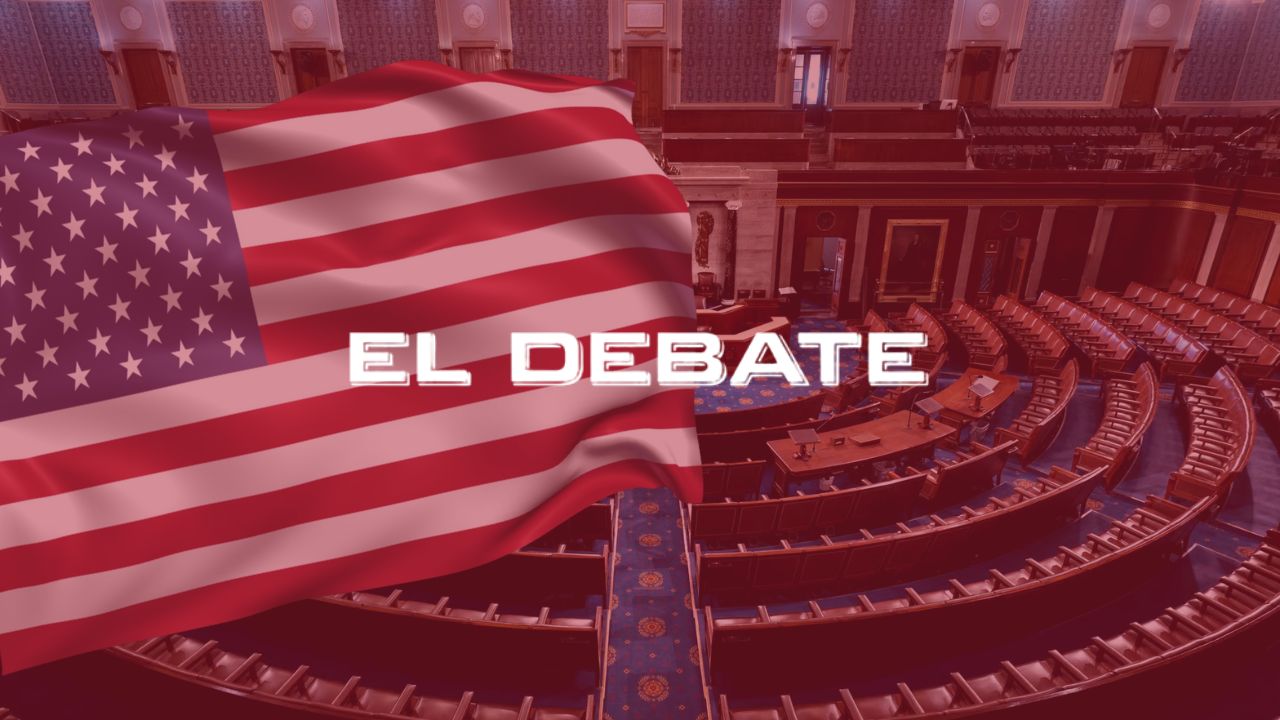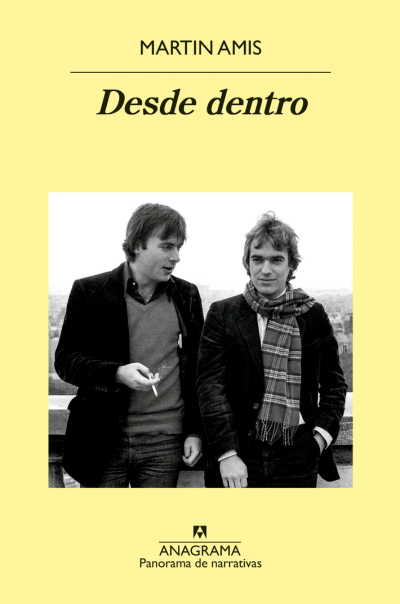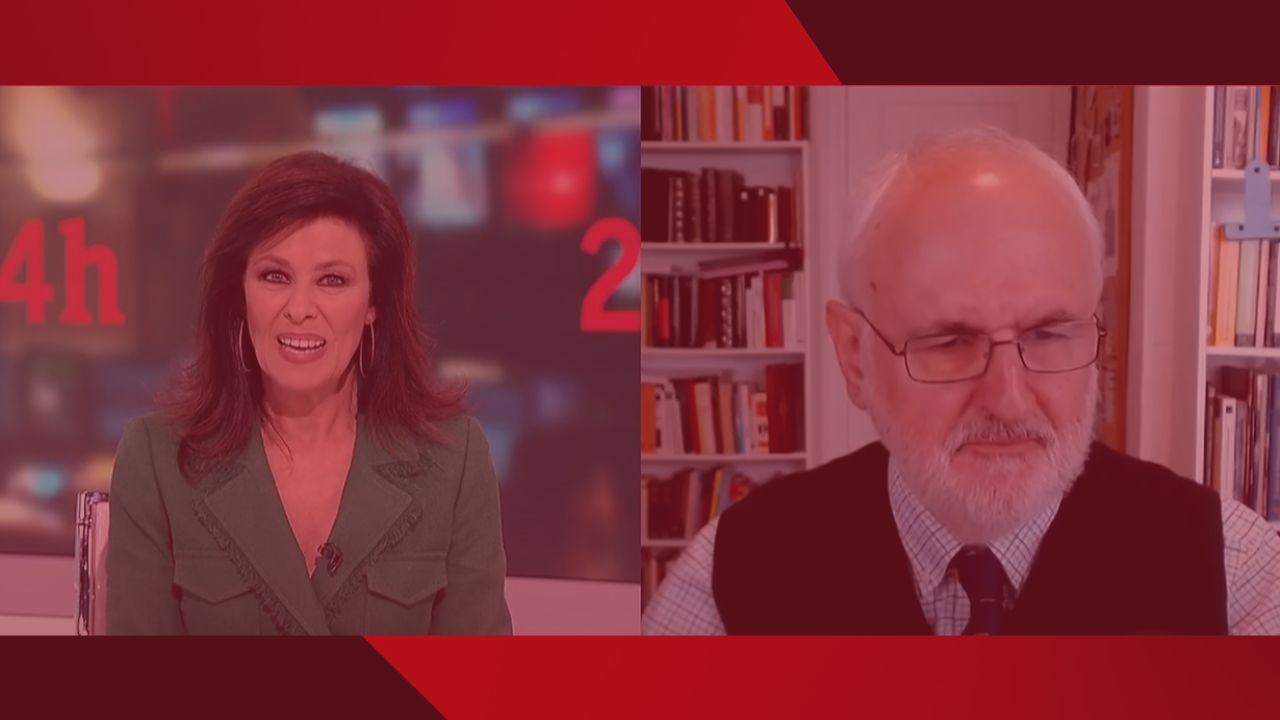The Vice President of the Government, Carmen Calvo, defended at the end of September the need to regulate the limits of freedom of expression; an effort that, in her opinion, has to be carried out both nationally and internationally. The vice president thus seeks to define both the scope and content of article 20.1. d) of the Spanish Constitution, which states the right «to freely communicate or receive truthful information by any means of dissemination». A right that must be recognized and protected. It is a fundamental right that, in the public sphere, helps to keep in check authorities and institutions, subjecting them to the scrutiny of the citizenry, while, at the individual level, it is essential to exercise anyone’s own autonomy. However, Calvo argues that not everything has a place under this right’s protection.
This fact highlights worrying issues, which transcend the usual discourse of political parties, as it is an issue with which they all coexist. For example, the Organic Law for the Protection of Citizen Security (LOSC) of 2015, passed under a parliamentary majority of the Popular Party, received enormous criticism —even though the final text was much more tempered than the one initially proposed— both nationally and international, to the point of earning this legislation the nickname of ‘Gag Law’.
This inclination to regulate freedom of expression is not exclusive to the hegemonic political parties in Spain. It has also dealt with others who have entered the Parliament in recent years, or formations still extraparliamentary, such as Podemos or Vox. For example, leaders of the latter have sometimes called for the illegalisation of parties that, in their opinion, pose a threat to the integrity of Spain, either by introducing populism into institutions —Podemos—, or by their nationalist character —in particular, the Catalan pro-independence nationalist parties. This discourse brings out one of the classic weaknesses of the project of liberal democracies: the dilemma about whether or not to give voice to those who do not intend to govern the system, but subvert it. Or, in its most extreme sense, if tolerance is also to be enjoyed by intolerant people or, on the contrary, intolerants must be described as unacceptable and, therefore, silenced.
The very concept of acceptability itself seems to be subject to discussion, both by the message and by who articulates it. This has been evident in recent days with the sketch of the humorist Dani Mateo in his program El Intermedio (La Sexta). Not only he received a flood of criticism because of blowing his nose with the Spanish flag in a satirical context. He also faces punishment from many of the sponsors of the program, a possible response by the board of the company, or even, as some request, some sort of judicial action against him. Needless to say, freedom of opinion must be respected, as well as that of those who sponsor to stop doing so. The debate is whether to allow something like this to be done with a national symbol such as the flag. And what can and should cause concern is whether the State is able to intervene and tackle this or other controversies, thus giving continuity to a phenomenon that is long in the making.
We do not intend to value personal ideals or particular political proposals. The pertinent thing is to point out what a minimum knowledge of political theory suggests: that, in order to achieve a free, stable and prosperous society —in that strict order—, the State and, above all, citizens, must remain vigilant before the enemies of the open society, paraphrasing the title of the famous work of Popper, The Open Society and Its Enemies (1945). In a society of such characteristics, the State must be designed so that a bad government can be peacefully removed by citizens. In it, institutions have to provide pragmatic solutions to the rentier inclinations of the political class. This all makes the it especially worrisome the fact that that it is precisely the Executive who tries to promote, as the current Government proposes, regulatory measures that limit the freedom of expression of individuals and groups.
This, as we noted earlier, is far from new. In democracy, the short-term aspirations of political parties tend to turn politics into a zero-sum game that, every four years in normal situations, becomes a total war, in which the golden rule is completely reversed. Thus, each formation, especially if it has obtained an absolute parliamentary majority, seeks to advance its political agenda knowing that its rivals will do the same when they take their place. In this scenario, freedom of expression stands as a timely tool to silence or disavow dissenting voices.
The strategy currently followed by the traditional party system is based on two fundamental pillars. In the first place, there is a serious attempt to question the existence of that being discussed. Herein lies the phenomenon of fake news, through which there is an attack not only on a position on any matter, but on its very existence. Secondly, in a more subtle, but perhaps more dangerous way, there is a call to freedom of expression to justify the message that some try to express or convey, drawing an impassable line under the maximum of non plus ultra. This is, for example, the Catalan case with its calls for independence and disobedience to state institutions, or for sectors related to the terrorist activity of ETA when they participate in apology to commit acts of terror. Indeed, not everything goes.
This is today a common battlefield in Spain and in the West, and the trenches are diffuse and loose. Thus, the United Kingdom, for example, prohibits expressions of racial hatred under the Public Order Act of 1986, while the Holocaust denial is punishable in Germany. All of this is a sign of a phenomenon that has also reached the United States, where its formerly quasi-sacral First Amendment is now a throwing weapon used by both sides of the aisle. In short, freedom of expression is in a state of siege, because of the willingness of many groups to restrict it, and the capacity of the State to achieve it —always a possibility and, sometimes, de facto. This is especially alarming when this interference —and punishment— affects those most precious freedoms and which are the starting point for so many others, as it is the case of freedom of expression.
Freedom of expression is in a state of siege, since many groups want to restrict it and the State can do it
In her speech, Calvo said that we cannot ignore capital issues of our democratic coexistence and not intervene in the face of what appears to be attacks against them. Although this may be revealed as true, what should not be allowed is the fact that Europe is advocating for the reintroduction of little less than anti-blasphemy laws for issues that would always be open to debate, which gives rise to a list of issues that cannot be treated and about which there is no discussion. Which are, in short, dogmas. The capitulation of society before the reintroduction of issues which are taboo has to be observed with suspicion, not with surprise, especially if the rule of silence comes from factual powers, because the institutionalization of this phenomenon makes any criticism look like heresy.
Finally, the arbitrariness with which this power is used only increases the dangerous advance against freedom of expression. And this continuous redefinition of what is worth and what is not blurs the issues that should truly be preserved and protected, placing them at the same level as others that, in effect, should always be debated, criticized, and even ridiculed. At the same time, criticism of those ideas that are arbitrarily placed outside the scope of what is ‘debatable’ seem to be directed at the person who defends them, instead of the arguments themselves, as if they were purely ad hominem. This process of identification between subject and content seems to deprive any legitimacy objection against the latter. However, it should not be forgotten that the rights belong to people, not their ideas, much less their ideologies, which can, and should, be criticized. That is also freedom of expression.
Finally, we must highlight a problem that comes up before, but also simultaneously, to whether or not to limit the freedom of expression. It resides in who should be, if appropriate, the agent that defines, and imposes, any restrictions. A debate that we will have to face, perhaps, when we reach a greater democratic maturity and have a clearer idea of what we want our project as a country to be like.






